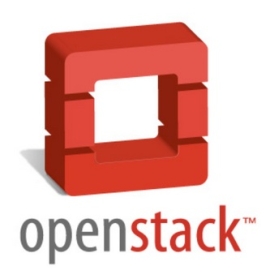NASA gives OpenStack instant credibility


The new OpenStack project will power NASA's own Nebula cloud and puts new pressure on Eucalyptus, as well as Amazon's EC2 and the whole Hadoop ecosystem. The system is being released under an Apache 2 license.
Some differentiation between the two stacks is already apparent. NASA's desire is for a compute-intensive stack, so rivals could market against it by calling themselves commercially-oriented.
But writing at ZDNet, James Staten of Forrester calls OpenStack pretty solid. Rackspace, by itself, would have been offering a vendor-specific stack from an infrastructure as a service (IAAS) provider.
In addition to NASA the deal also brings Chris Kemp, a well-respected leader within the government IT community. His hope is to turn Nebula into something other government agencies will want to share. So he has something of a commercial angle himself.
Calling Rackspace the Android of the cloud may be going too far, however. Open source is all over the cloud, which with the Rackspace announcement looks to become the mainframe system of the new decade.
The question I would ask is whether having rival open source stacks will help or hurt efforts to keep Microsoft Azure and other proprietary offerings from raining on its parade.
What say y'all?